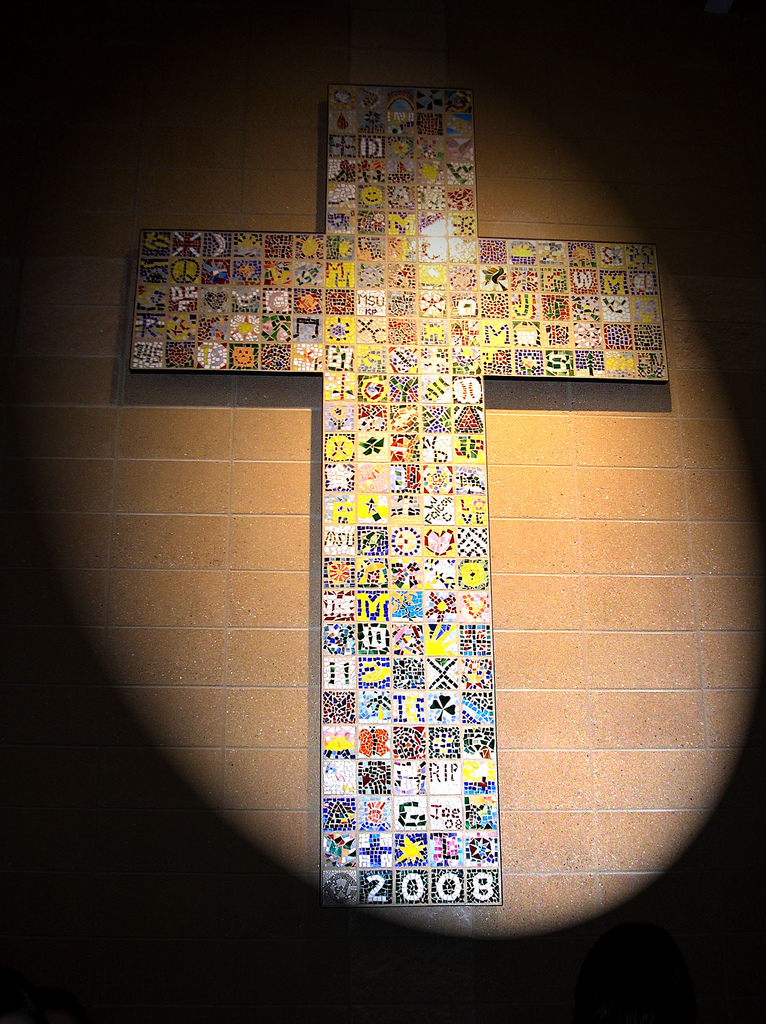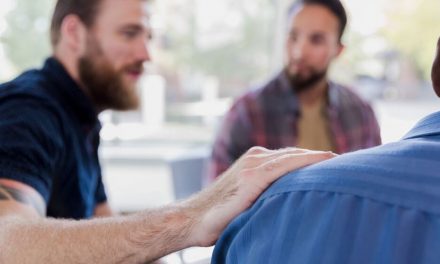I wrote a piece recently for America Magazine in which I (lightly) go after Garry Wills’s Op-Ed in the NYT that got a fair bit of Catholic blog-press last month. Other people made strong direct arguments about Wills; my purpose was more modest: to point out that Catholic teaching about abortion is has strong connections to the Gospel and Christian tradition (even in natural law arguments), as opposed to what I saw Wills arguing. See the piece for more on that…
Since I have the space (but not much time, alas – I am now a department chairperson) to write a bit more here, I want to say a bit more about further complexities of abortion, especially related to women, and people with disabilities.
I mention both vulnerability and dependency in the America Short Take related to an unborn baby.
What I didn’t have a chance to develop further was that I think many women who are trying to figure out how to deal with the news of pregnancy are both vulnerable and dependent in ways that society does not adequately recognize. The pandemic has shown us that many jobs do not have any leeway related to child care and family life. Moreover, it has shown us that still, women hold most of the responsibility for child care. Women therefore remain vulnerable to, and dependent on, social structures that don’t permit a full range of “choices” nor very adequate care and concern for either women, children, or families much more broadly speaking.
Women are vulnerable in part because of our neoliberal emphasis on individual choice and freedom and (uniquely in America) adherence to rather old-fashioned ways of doing business that still often assume primarily male breadwinner status – rather than two-income families. In other words: “choice” isn’t very possible when career ladders and existing job structures see children or family life as little more than a personal decision. If family becomes seen as solely an individual decision rather than an integral part of community life, it is an easy step to arguing that policies like universal pre-K and better pregnancy protections don’t actually support the community – and therefore “my” taxes shouldn’t go to supporting those kinds of programs.
Related to these economic concerns, I will say that I consider myself a pro-life feminist is because I have long felt that abortion is a very violent way to “solve” problems that are neither the fault of women nor of unborn children. Addressing more deeply social concerns about women and all our children would be a positive step. (Universal childcare, paid maternity leave, I’m looking at you…)
Further, as a person with a disability, who was born at 27.5 weeks’ gestation, I also always carry concerns about genocide of people with disabilities, as well as the very thin line between seeking to save a life and seeking to end a life when dealing with neonates. Some disability diagnoses go hand in hand with very high abortion rates – which speaks of a social ableist sensibility that disability makes life meaningless.
In other words – the questions related to abortion are complex and very real. It is also Gospel teaching to love our neighbors who are women and/or people with disabilities faced with very real questions about how to raise children, who have fierce medical issues, and more.
I think we Catholics don’t get into the complexities enough in our conversations, preferring to stick entirely with one particular path forward – removing legal grounds for abortion, as the way forward. But we sure could do a better job, collectively, of loving all our neighbors. I think that means providing support for women, and advocating for policies that support women and people with disabilities.



